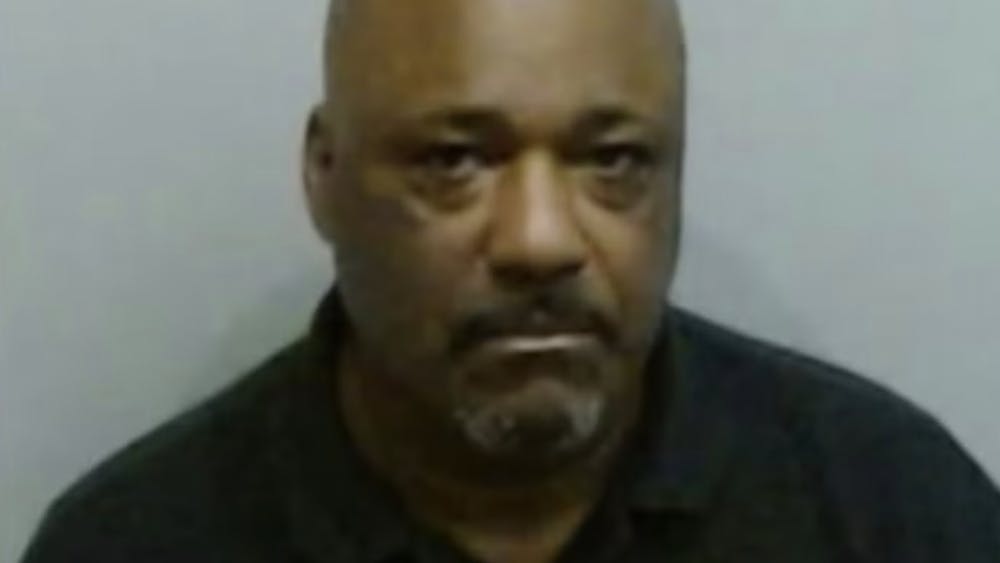Associate Professor of Philosophy and Pre-Law Adviser Michael Sullivan, who joined the Emory faculty in 2000, died on Jan. 31 following a brief non-COVID-19 illness.
The late professor is remembered by his colleagues and students alike for his kindness and commitment to learning.
“The academic world has no shortage of folks with large egos,” said John Stuhr, professor of Philosophy and American Studies. “Michael was not like that. He was a very sweet person, humble and eager to learn from all people.”
Born in 1966, Sullivan came to Emory after completing his doctorate degree at Vanderbilt University (Tenn.) and a law degree at the Yale University School of Law (Conn.). His research dealt with the philosophy of law, focusing on constitutional theory, the Supreme Court and its judicial decision making. In his 2007 book “Legal Pragmatism,” Sullivan examined the role of the individual and community in society, providing a comprehensive framework for understanding democracy and related social issues including healthcare, education and immigration.
He was also the 2008 recipient of the Emory Center for Teaching and Curriculum Excellence in Teaching Award for the Humanities. In the classroom, he enjoyed teaching Ethics and the Philosophy of Law.
Philosophy Department Chair John Lysaker recalled Sullivan’s devotion to teaching and his students.

“He took great pleasure in the achievements of his students,” Lysaker said. “He felt a deep obligation to ensure that they grew in his classes, and that required, he thought, that he challenge them and force them to think for themselves and account for their thoughts.”
Jaylen Green (22C), who took Sullivan’s Philosophy of Law class, remembers Sullivan for his “dad-like demeanor,” describing him as “friendly and down to earth but also solemn and wise.”
“I went to his office hours every week or every other week because he was a person you could talk to about anything and I felt like I could go to him with my problems,” Green said. “He was relatable, understanding and genuinely liked teaching. He really made it his duty to put the students first.”
Green said Sullivan was also committed to challenging his students and improving their understanding.
“He was always there for you but he wasn’t going to take much,” Green said. “He drilled every student in the class to think more and was constantly pushing you to be better.”
Emily Parker (09G), Sullivan’s first doctoral student, recalled his mentorship skills and advice, which she still uses to this day.
“He was one of those very talented professors who could make you feel both challenged and supported at the same time,” Parker said. “Michael took the ideas of his students very seriously, but he didn’t hold back his criticisms either. He was extremely generous with his time, and I trusted his advice completely.”
Sullivan was also an avid chess player outside of academia. Stuhr believes his talent for the game shaped his outlook on life and on teaching.
“It was impossible to beat him in chess because he was always planning two or three or more moves ahead of you,” Stuhr said. “This also showed up in his teaching. He was very much a strategist in the classroom, thinking in advance about how his presentation of materials might affect student understanding and how to answer questions that might arise.”
Sullivan is survived by his partner, Lei Wei, their son John, his mother Margaret, his cousin Mary and many cousins. A funeral is “not expected” at this time, according to the Department of Philosophy, but the Department is planning a memorial service on March 19 at 3 p.m. in Canon Chapel with a reception to follow in the Brook Common Room.




